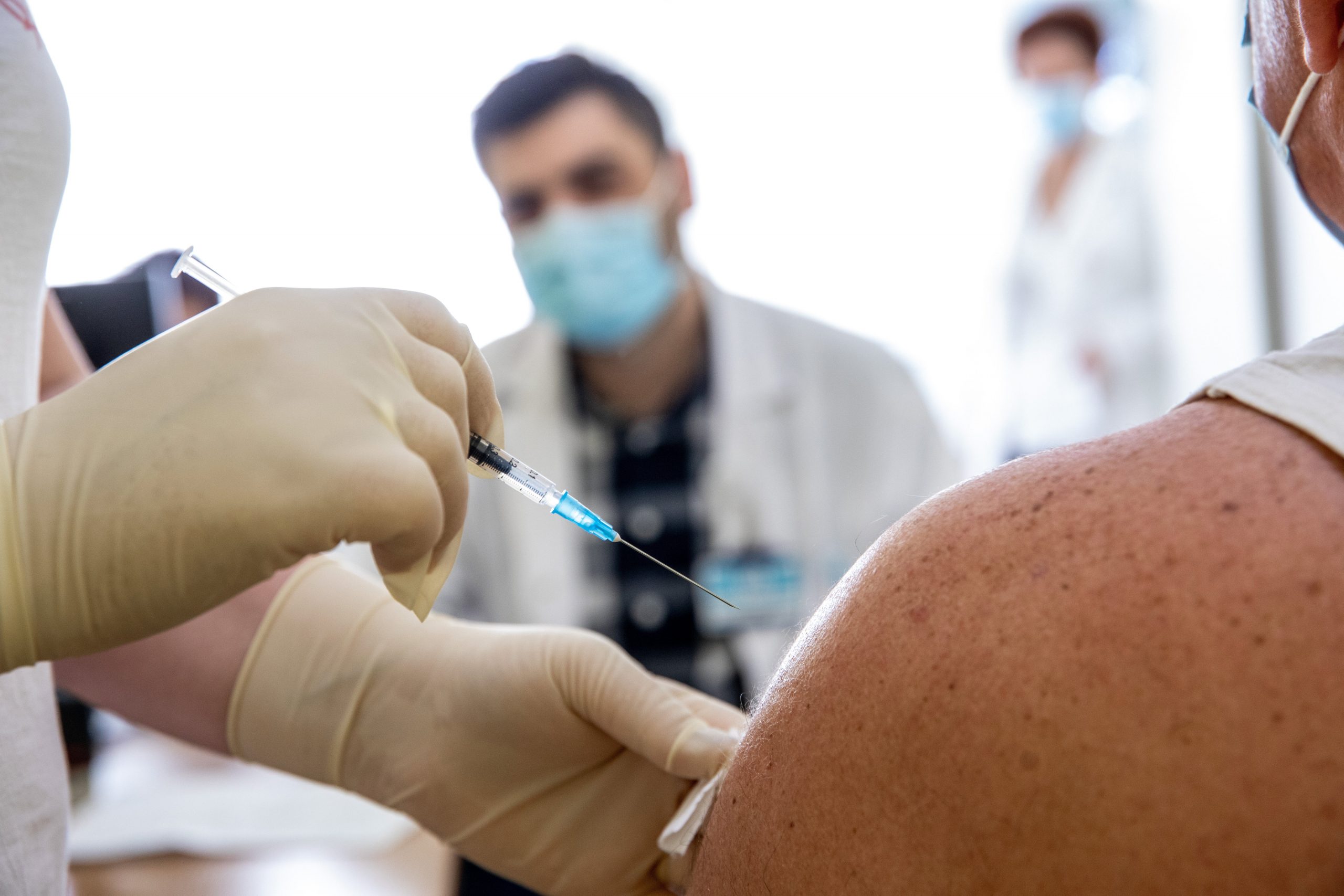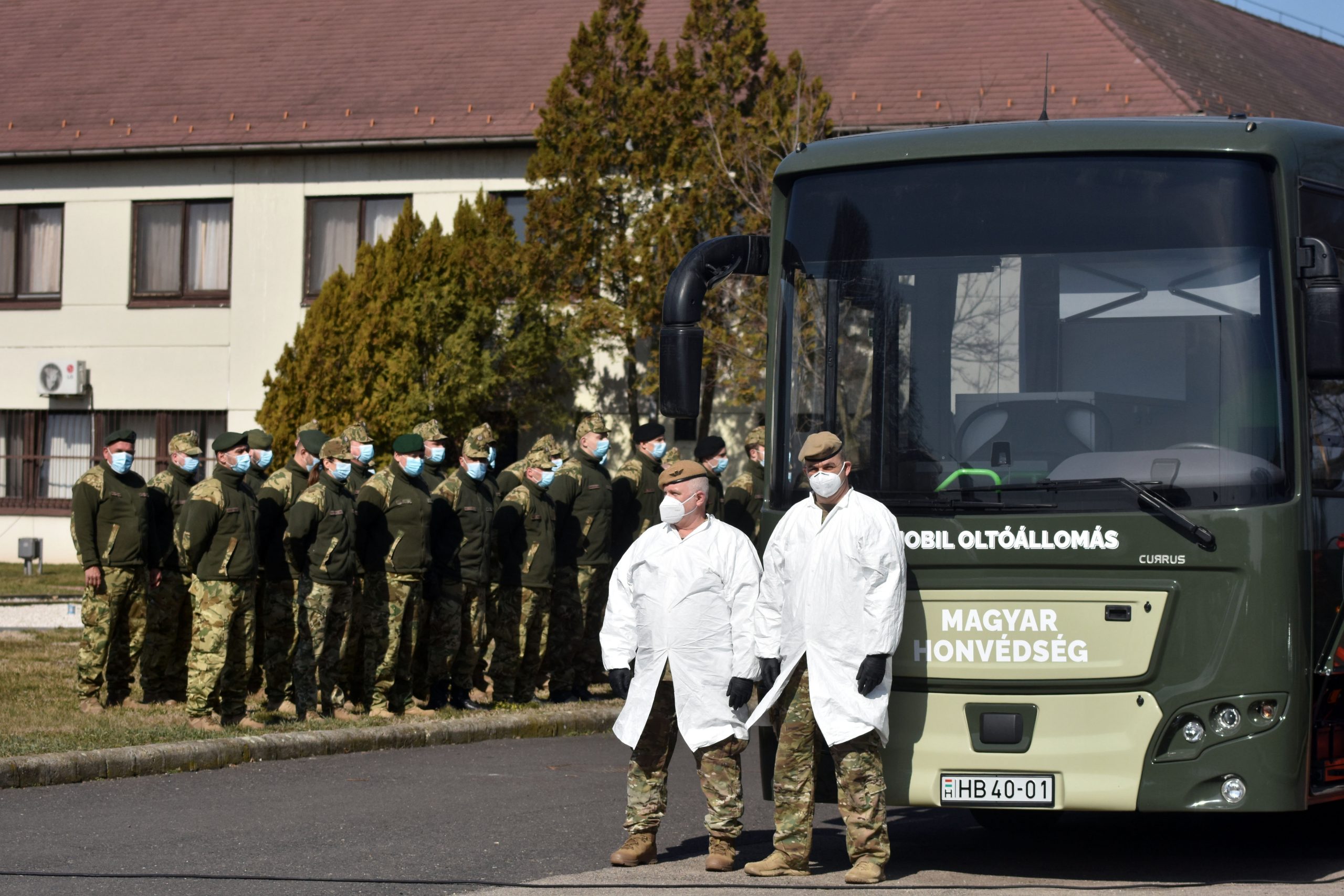
Some reactions include welcoming the mandate, to criticism, and one teachers' union official foresees chaos.Continue reading

Despite the Prime Minister’s earlier promises, the government made a U-turn and recently provided employers with the right to make Covid inoculation obligatory for their employees. The PMO Head additionally went on to announce that the state would apply this new restriction. While the vaccination rate in the public sphere roughly nears the national average, many fear that the move will further deepen worrying employment shortages in many fields.
As of today, 5,955,250 people in Hungary have received a first jab, while 5,736,452 have been fully vaccinated. Meanwhile, 1,221,000 Hungarians have received a third booster jab.
According to the new government decision, the first dose of the vaccine must be administered by December 15th for public sector employees who meet with clients, and by the end of January 2022 for employees in other jobs. If a person does not want to be vaccinated, they will be sent on unpaid leave, and after a year they can be dismissed. Only health reasons can provide exemption from the rule.
As a matter of fact, the vaccination rate among police is low. According to the most recent data, less than 70% have received the jab. In this field, professionals have long been complaining about staff shortages. This may increase further if the government is serious about lay-offs.
As a consequence, just like shortly after Gergely Gulyás’s announcement, trade unions raised their voices against compulsory vaccination.
According to the president of Employees of the Ministry of Interior Affairs and Law-Enforcement (BRDSZ), there aren’t enough police and firefighters on duty now, and because of this recent decision “there will be no one to get the job done.”
Moreover, the Independent Police Trade Union (FRSZ) says the ruling might in fact make things easier for those who wanted to leave the police force but couldn’t legally do so due to the state-of-emergency.
The vaccination rate of teachers is estimated to be somewhere around 80-85%, meaning that as many as 15,000 of them may be affected by this new law. Teaching is another field in which, according to a trade union official, about 80% are already vaccinated, but there are still many who consistently refuse, and any pressure to do so seems fruitless. As a consequence, there are risks that already mounting employment problems would be further intensified by the new regulation.
This was confirmed by the vice-president of teacher union PSZ who said they are already facing a serious shortage of teachers, and it would be a great blow to schools if they had to send “only” a few thousand teachers on unpaid leave who refuse to be vaccinated despite the existential threat. Tamás Totyik also deems it problematic that there is not a uniformed procedure, and that in church and foundation institutions and municipal kindergartens the decision of vaccinations is made by the owner.
The Defense Ministry (HM) refused to disclose exact numbers on the vaccination rate, but unlike in the police and teacher’s trade unions, the Ministry doesn’t expect any difficulties in staffing. Their compulsory vaccination has resulted in a “very high vaccination rate” in the field, which according to them amounts to 85%, and will steadily increase as soldiers return home from performing external duties.
Healthcare workers were the first to undergo a similar, strict ruling. In their case, the deadline was set to September 17th, and according to one of the officials of the Independent Healthcare Union, the tightening has definitely led many more to request the jab in order to be able to keep their jobs. However, according to estimations, 2-3,000 employees faced an immediate lay-off in October due to their unwillingness to get the vaccine. Knowing the staff shortage in public healthcare, even hundreds leaving the field would have had serious consequences. Strangely, no news came out if the government enforced the strict rule and these people had in fact lost their jobs- or somehow they could still remain in the sector.
featured image: soldiers waiting for vaccination in Szolnok; illustration via János Mészáros/MTI